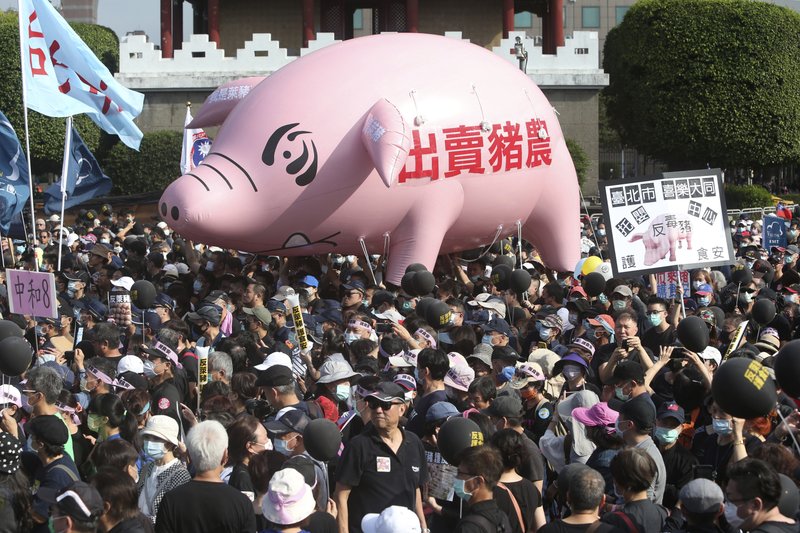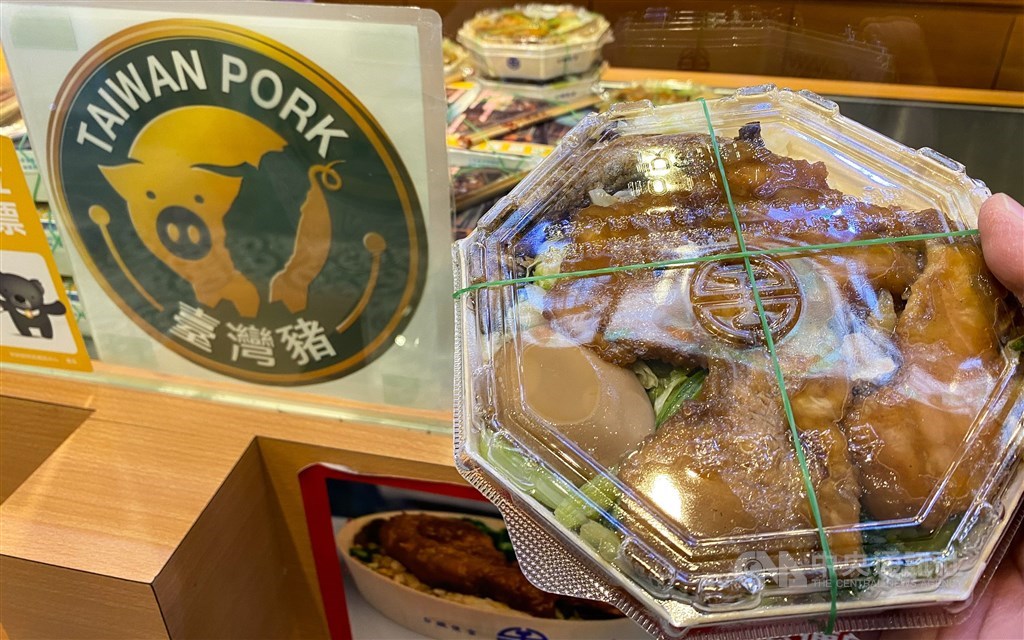Tensions Arise as Taiwan Passes a Bill to Approve Additive-Fed US pork
Pork is Taiwan's most popular meat, with an average per capita consumption of around 40 kg per person in 2019. It was one of the important sources of protein in the country and the majority of the pork consumed in Taiwan is domestically reared and consumed. Taiwan was one of the few countries which had restricted the import of additive-fed pork from the U.S. On December 24, 2020, several measures were approved which have paved ways for importing pork from the U.S. after more than 10 years. The move by Taiwan is seen as one of the first steps toward possibly negotiating a bilateral trade agreement with the U.S.
Resuming imports for the United States' additive-Fed US porks
- Taiwan lifted restrictions on import of additive-fed pork from the U.S. effective from 1st January 2021. This step has been taken as an initiative to come in line with the WTO standards and regulations. It is also Taiwan's efforts to draw closer to the U.S
- This step has been attacked by China, which views Taiwan as part of its territory and objects to any formal engagement by Taiwan with other countries
- The issue is extremely sensitive for Taiwan’s government as its relation with the U.S. is very critical. Taiwan’s government hopes the easing of the U.S. pork imports will pave the way for a long-hoped-for free trade deal with Washington.

Public and opposition protests against the imports
- The public and opposition have not welcomed the decision taken by Taiwan’s government to resume U.S. pork imports. There have been several noisy protests and instances where pig entrails were flung in parliament on one occasion in the past few months.
- They are mainly concerned about alleging food safety issues as porks imported from the U.S. contain acceptable residues of ractopamine drug. The drug is added to the animal feed which promotes the growth of lean meat that some farmers use in pigs. The drug is banned in Europe and China which has further raised a question about the working government’s decision.
- Taiwanese consumers are turning away from the pork imported from the U.S. which is driving up prices and frustrating meat producers. The meat producers are forced to stock domestically reared pork and are unable to make the most of liberalisation of the country’s pork market.

Source:AP News
Lack of acceptance starting to reflect on domestic prices
- Opposition’s campaign against the market reform and the government’s pledge to protect food safety has triggered consumer fears. Consumers have developed a mindset that any pork other than local produce is harmful. In the past few weeks, more than 150 Taiwanese pork importers signed a pledge not to import US pork.
- A few retailers have been forced to cut back on all imported pork produce. As the demand for local pork increases amidst a limited capacity, the price of local pork is becoming more expensive. Wholesale prices of local pork averaged at USD 2.63 per kg after the ban was lifted and the consumer concerns about imported pork grew. The price is the highest recorded in January since 2017.
- The Taiwanese restaurants and hotel chains are also under pressure to raise prices to reflect the expected higher cost of locally-produced pork as the tensions continue to grow. However, they are reluctant to increase prices as it will impact their businesses and reduce sales.

Government’s efforts and reassurance on pork imports
- The Taiwanese government still maintains strict testing of pork imports, even imports with acceptable ractopamine levels.The government has also launched a “Pork Dashboard” on 4 January to address public concerns over the safety of imported pork. The dashboard lists information about the country of origin for pork in Taiwan.
- According to the data, between January 1 and January 8, Taiwan imported a total of 96.19 MT of pork and offal from the U.S. The first batch of American pork imports was free from ractopamine since the relaxation of the norms.
Sources
AP News. Thousands march in Taiwan against US pork imports.
FDA. Taiwan Food and Drug Administration.
Financial Times. Pork prices climb in Taiwan after shoppers reject US imports.
Focus Taiwan. Restaurants face price hike dilemma due to new pork import rule.
Nikkei Asia. Taiwan passes bill to allow imports of US pork containing additive.
The Pig Site. First shipments of US pork to Taiwan are free of ractopamine.